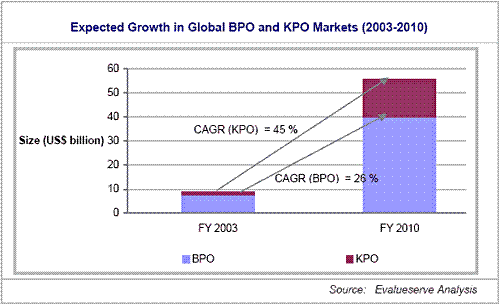The Indian Knowledge Process Outsourcing (KPO) industry is witnessing the growth of a whole new segment. Indian architectural KPOs are stepping up on infrastructure and technology and ramping up skilled manpower to cope with the influx. Architectural designing outsourcing to India is growing at an unprecedented pace and is showing no signs of slowing down. With the availability of talented manpower, lower costs and best of the best infrastructure architectural outsourcing to India has gathered commendable speed.
With the increase in offshore demands and wielding the latest software and technical skills, architectural designing outsourcing in India serves clients from UK, the US and the Middle East. A number of small-medium firms with 50+ employees have mushroomed across the country offering quality architectural designing outsourcing serves at a fraction of the cost. The growth in the industry has been so spectacular that the rupee crunch and fall in the number of skilled resources has not drastically affected most firms.
Industry estimates predict architectural design KPOs will form the second largest segment in the service industry of India. Offshore architectural designing poses enough benefits to the overseas markets, which is the reason behind a marked growth in the demand for these services in leading KPO industries such as in India. Accounting to $16.7 billion in revenue, India is expected to contribute to two-third of the global KPO by 2011.
Several architectural design outsourcing companies in India have bagged small scale design projects abroad, mainly from UK and the Middle East. A decrease in the number of skilled professional abroad along with the quality of services and the lower costs offered by offshore architectural design companies are driving this demand home. There is a disparity of one tenth of the cost between designing process in the US and in India.
